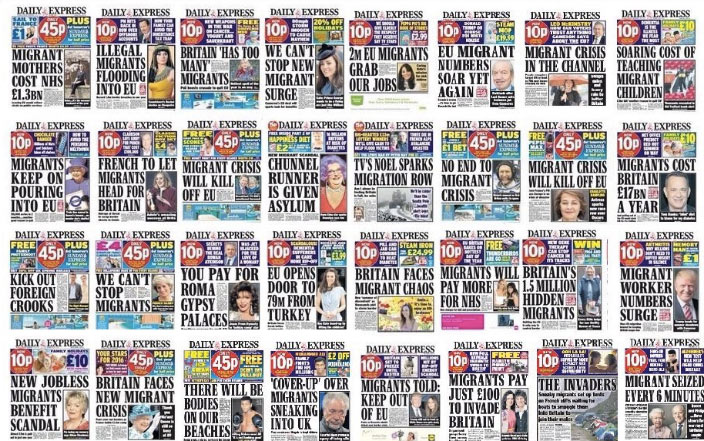In economics, the framing effect states consumer choices will be influenced by how information is presented.
One of the challenges of an economist is to find correct statistics and present them in a way which offers a meaningful and fair portrayal of the situation.
Everyone has certain political bias and it can be tempting to present statistics which portray your viewpoint in the most flattering light. For example, even the difference between real GDP growth and real GDP per capita can be important.
Another skill is to be aware of the other point of view and why your own view may be limited (evaluation – an important skill for A-level economics too!). This doesn’t mean you have to portray every issue with two sides of equal validity. But, it is important to have an open mind, and be willing to evolve views and understanding as evidence comes to light.
For example, in 1999, many predicted that a National Minimum Wage of £3.60 would cause a sharp rise in unemployment (real wage unemployment). However, the empirical evidence since 1999 suggests it hasn’t. As the minimum wage has increased over past 16 years, the natural rate of unemployment – if anything has fallen (due to flexible labour markets).
The Conservative party initially opposed a national minimum wage of £3.60 on the grounds that it would cause unemployment. But, 16 years later, a Conservative chancellor is proposing a sharp increase in the national minimum wage to £7.20 – (for workers over 25). By 2020, George Osborne has suggested the minimum wage could increase to £9.00.
This is quite a remarkable u-turn by the Conservative party. But, if evidence points different to your expectations, why shouldn’t you change your mind? As Keynes is said to have remarked. “When the facts change, I change my mind. What do you do, sir?”
Entrenched opinions
However, it is also possible to get stuck in entrenched positions and struggle to change your mind. For example, when Central Banks pursued quantitative easing in a climate of zero interest rates, some commentators predicted this would lead to runaway inflation. Other economists citing liquidity trap analysis suggested inflation was very unlikely. But, if you stick your neck at, it can be difficult to admit you were wrong and the economic model you were using is flawed in that particular situation. It was hoped the Euro would bring higher growth and economic prosperity, but since 2007, we have seen serious problem in both the southern Eurozone and now, increasingly in norther Eurozone too. Evidence suggests the Eurozone is not an optimal currency zone, but there is a political inertia to deal with these structural flaws.
Framing effects and immigration
A hot topic is the impact of immigration on the economy.
If you selectively choose statistics and anecdotal evidence you can frame a debate in a certain way.
For example, this report on the fiscal effects of immigration states:
“EU migrants cost the UK government £408.12 per second in public expenditures.”
This could make a good Daily Express headline. However, on it’s own it gives a misleading impression. The second half states:
and contribute £463.35 per second in revenue.
In other words, immigrants (who tend to be young and therefore not receiving pensions or much health care) give a net fiscal benefit of £55 per second to the UK government.
Of course, out of 2 million immigrants, there will be a small percentage who might not work, but be in receipt of benefits. But, to understand the overall impact, you have to look beyond isolated examples and look at the net impact.
For example, if your only source of information on the impact of immigration was the Daily Express, it would be unsurprising if you didn’t have a negative impression.
This is a challenge for democracy, when a small number of people (owners of newspapers) control a large flow of information. It also shows why if you want to be well-informed – don’t just rely on one source of information.
For example, if you don’t like what you read on economicshelp.org – there will be plenty of other sources to find different conclusions.
But, good economics needs to look beyond eye-catching headlines and give more sober analysis for others to make a more informed choice.
Related

